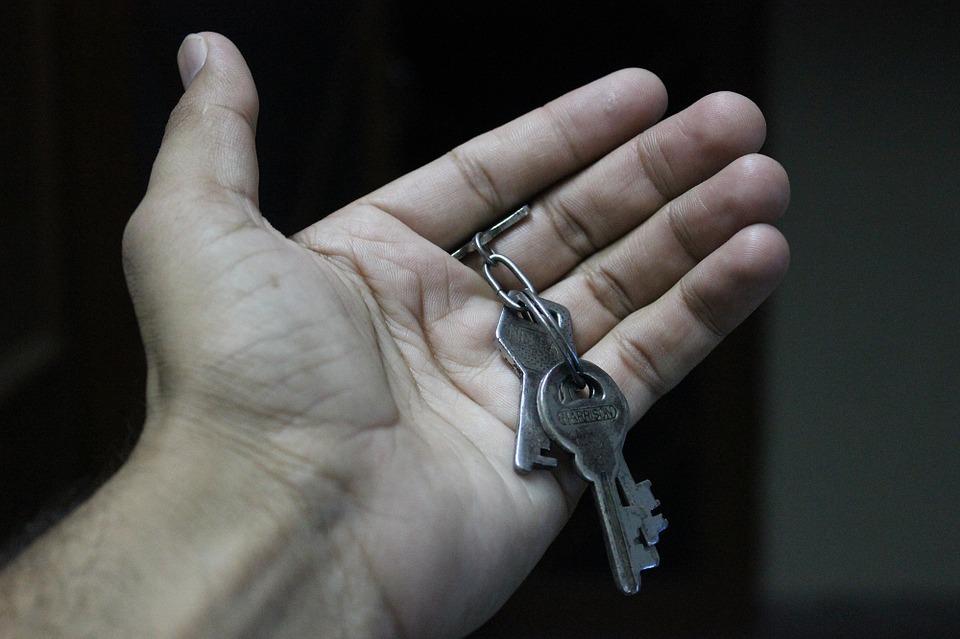Although many housing markets are expected to fully recover from the impacts of the economic downturn within a decade, others may remain mired in decline for years to come, perhaps even coming to resemble Old West ghost towns.
That's among the conclusions of a new study from the Mortgage Bankers Association, looking at the long-term impact of what it terms the "Great Recession" on metropolitan areas that are in the midst of a severe decline due to job losses and a shrinking population.
In addition to industrial cities like Detroit, which fell on hard times due to declines in the auto and steel industry, the report identifies a new type of declining city that experienced strong growth during the housing boom and now is seeing unprecedented declines in housing values and rising foreclosures, such as the Las Vegas, Phoenix, and Miami markets.
"The future viability of these areas may be threatened by recent economic events," said Jame Follain, a senior fellow at the Rockefeller Institute and the report's author. "This is a critical point that should be well understood by potential home buyers and lenders who want to avoid places plagued by high foreclosures, vacancies, and a deteriorating housing stock due to deferred maintenance."
The report suggests that choosing the right neighborhood will be critical for homebuyers in the years ahead, especially in metropolitan areas that were hard-hit by the recession, as neighborhoods with elevated vacancies and foreclosures are expected to continue to struggle for an extended time to come. Even previously stable neighborhoods or communities within such regions could find their viability threatened, according to a report.
Indeed, even in metropolitan areas where economic prospects are relatively good, some neighborhoods or submarkets may remain in decline for an extended period to come, the report says.
The basic problem, according to the report, is that people tend to leave an area as jobs decline, creating more vacant housing stock, which drives down property values, further weakening the local economy. The problem is likely to be particularly acute in regions where a growing housing market was a big driver of the economy prior to the recession, such as parts of Nevada, Arizona, Florida, and California.
The report compares the situation to that of Old West ghost towns, communities that lost their reason for existing, and so the people went away, leaving empty buildings behind, although it says modern communities are not likely to reach so extreme a stage.
Indeed, the foreclosure and vacant housing stock have gotten so severe that some are urging that surplus and decaying housing stock and commercial buildings are demolished to boost surrounding property values and open up green space. A public-private venture, Red Fields to Green Fields, is already seeking to do that in 12 U.S. cities, examining how unused or underutilized property could be acquired by parks agencies or public-private partnerships for demolition and conversion to parkland or be held in land banks until the economy recovers.





